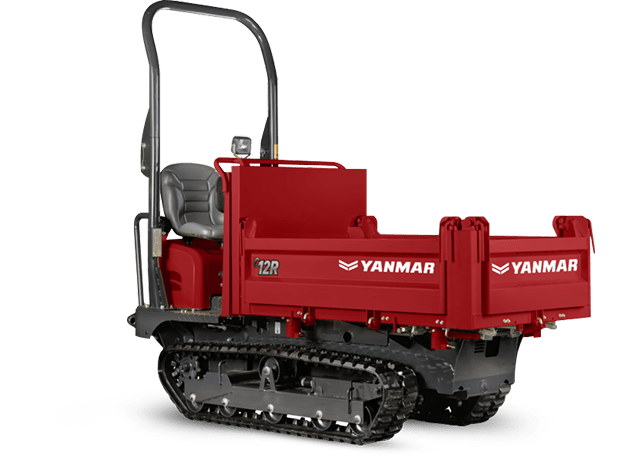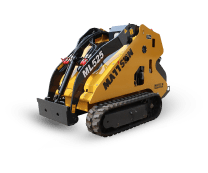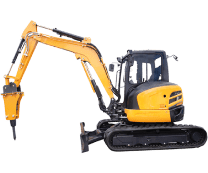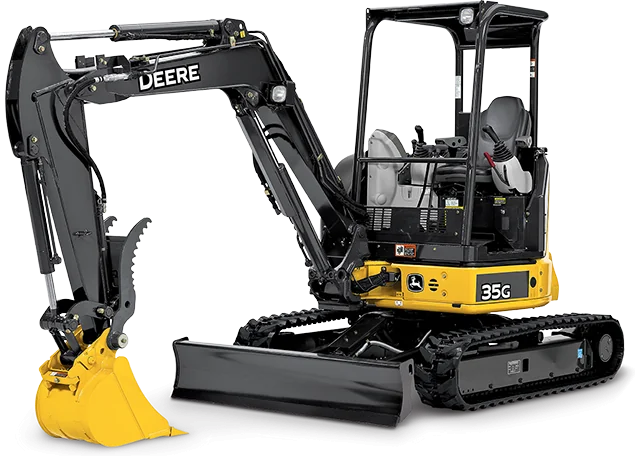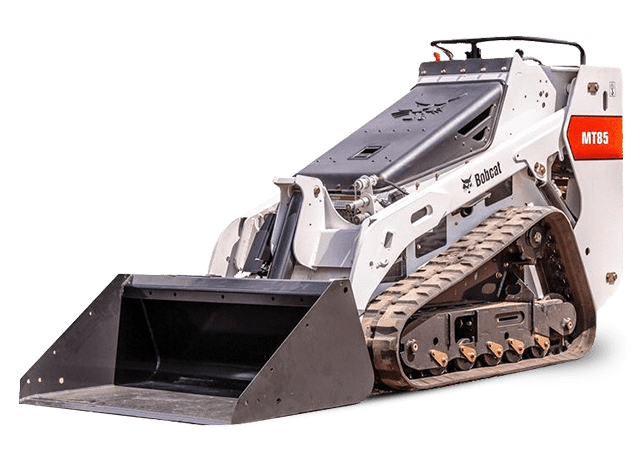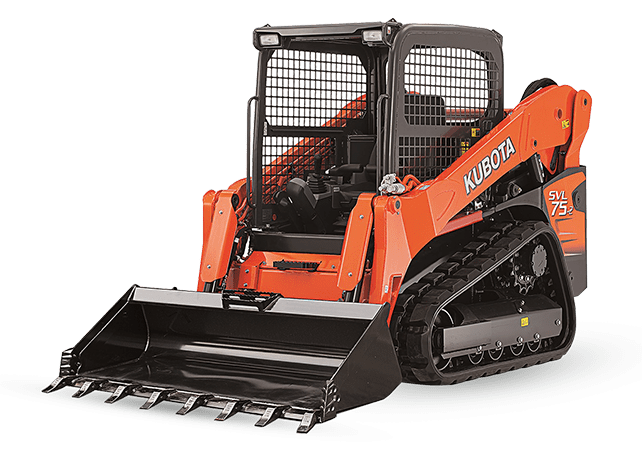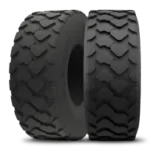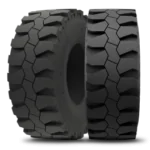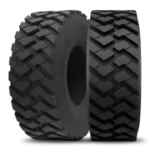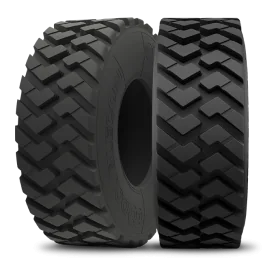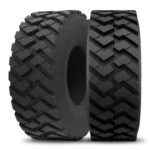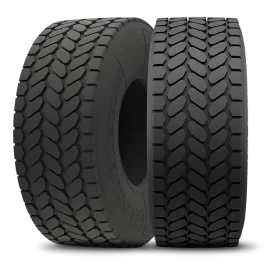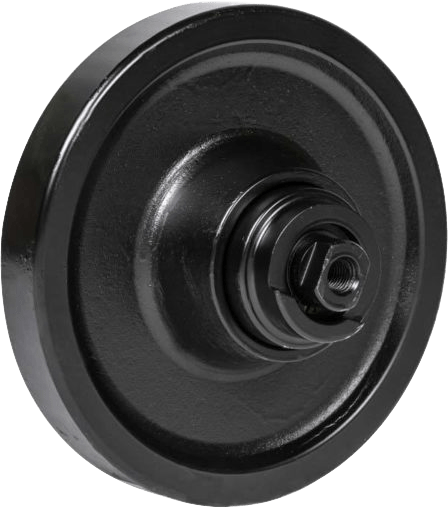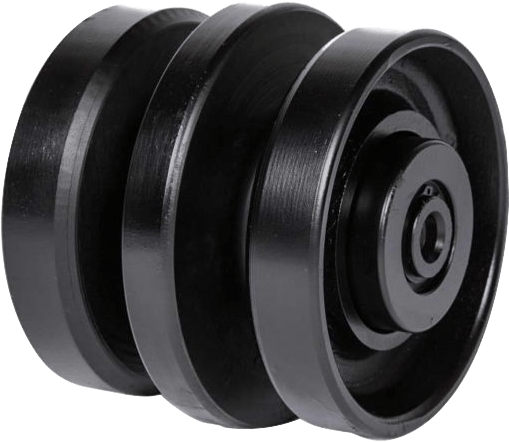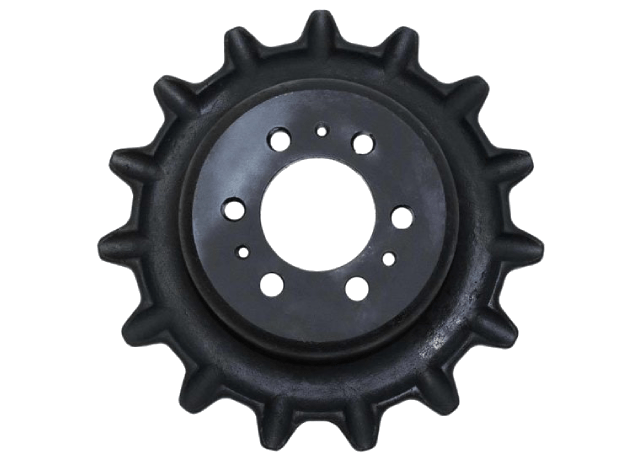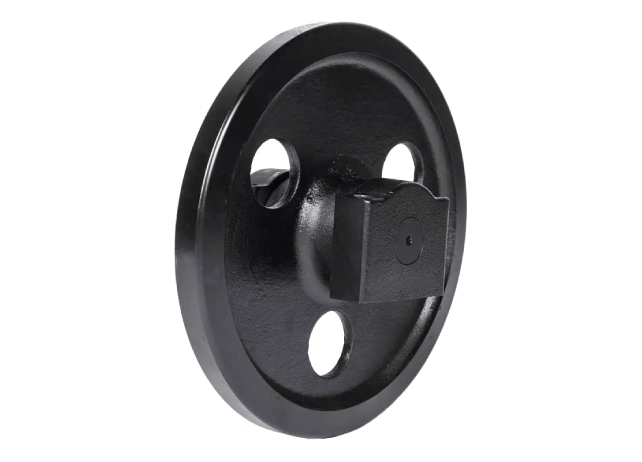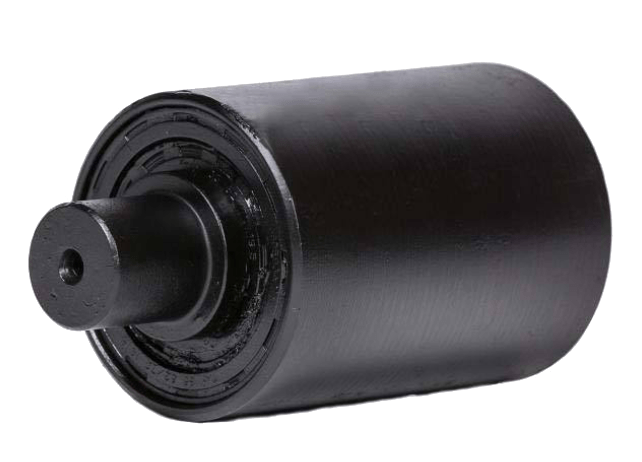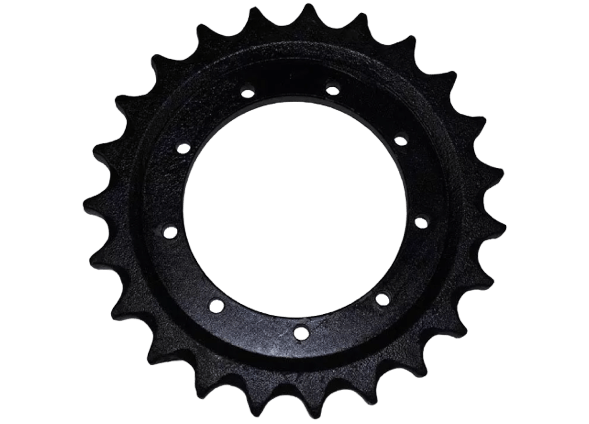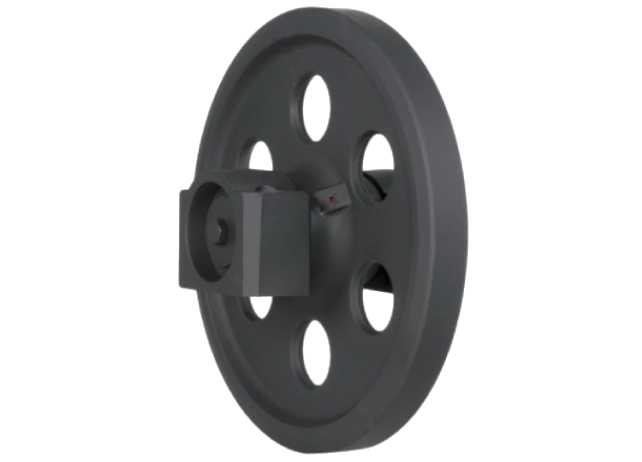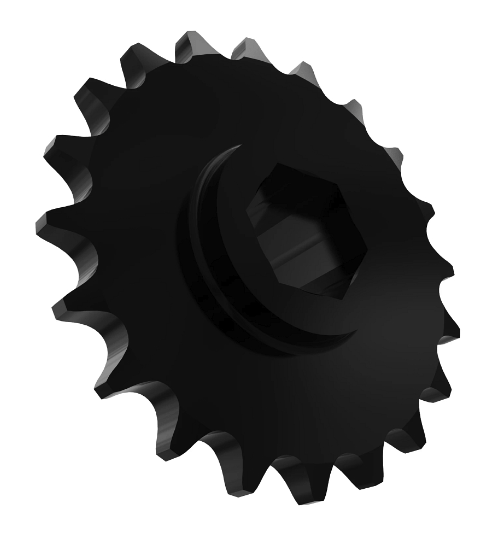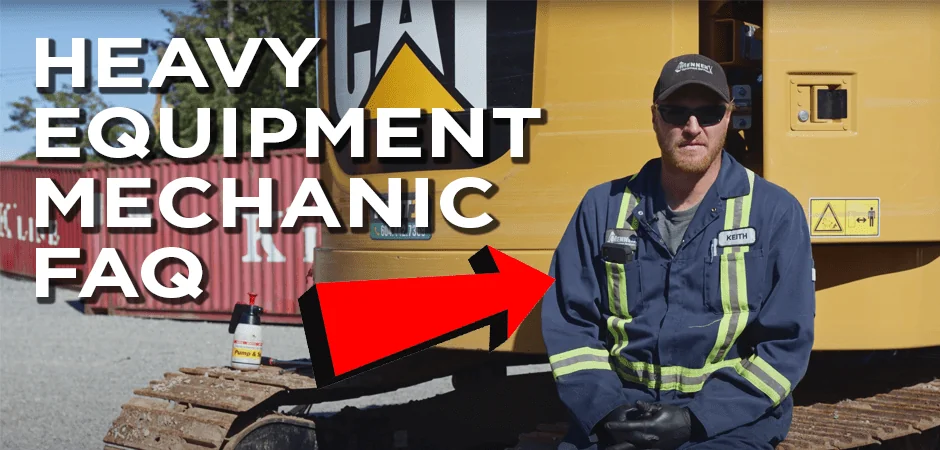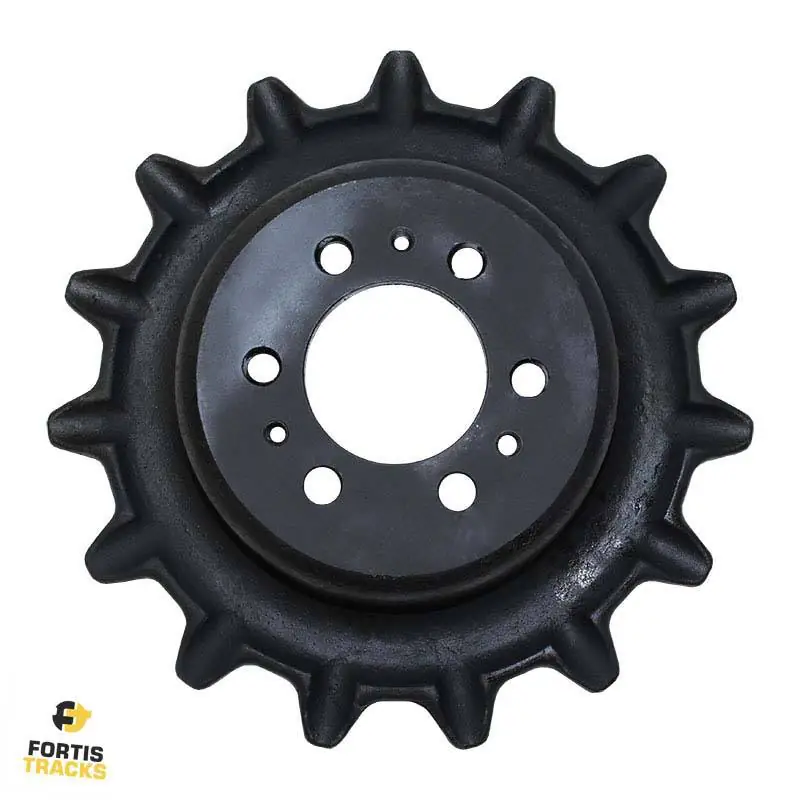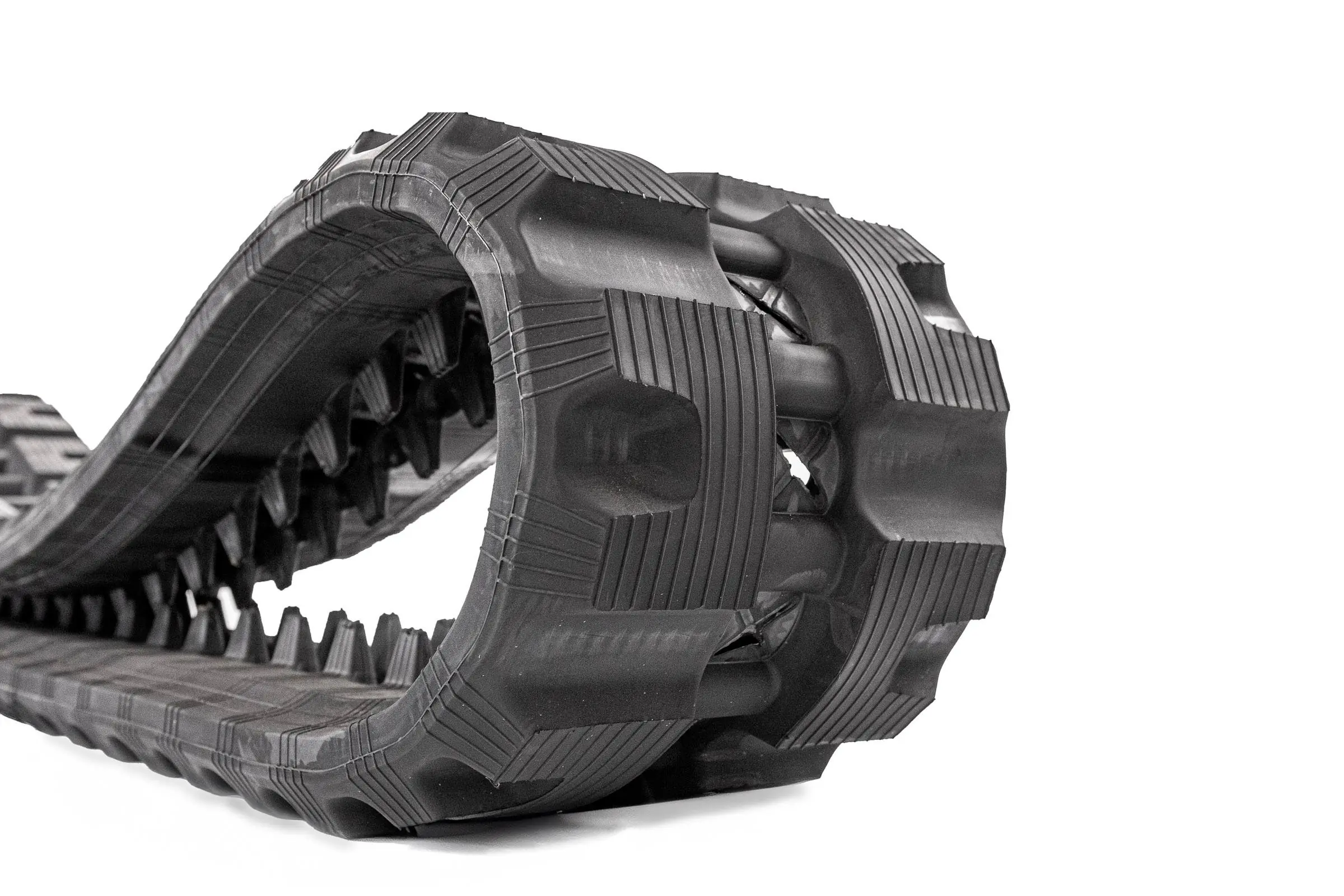When servicing excavators, bulldozers, skid steers and other machines, you want to make sure that you perform the right maintenance. Here are some answers covering the common questions asked when servicing these machines.
Heavy Equipment Mechanic Answers Your FAQs
Table of Content
What’s the most common cause of final drive failures?
The excavator may have a final drive with a duo-cone seal (also called dual-cone seal) and the purpose of this seal prevents oil leakage. Sometimes, wire gets wrapped around the seal and causes damage as oil comes out. Other times, a seal that is malfunctioning can allow water to get inside when the excavator tracks are working in mud or watery ground conditions. When water gets past the seal, it dilutes the oil.
Another common cause for final drive failure is the lack of servicing. If you don’t service it at proper intervals, you may not spot oil problems that could damage the machine.
There are a few different causes.
Is the concept the same or similar for other types of machines that use sprockets to drive the tracks, like dozers, skid steers, or track loaders?
The concept is similar for all other brands of machines and all the styles of machines when they have sprockets in the tracks. The sprocket drives the track and will need some kind of lubrication inside the final drive.
For a lot of smaller machines, they will use hydraulic oil as lubrication so you will not be able to change it. Bulldozers and skid steers will have final drives with gearboxes as you will need to change the gear oil. John Deere‘s have hub plugs on the outside like excavators.
Some Bobcats have sprockets that need to be pulled out. You should contact a professional to work on these machines.

What type of oil to use for final drives?
The types of oil used for a final drive will depend on the manufacturer’s specs. Consult the manufacturer, your dealership or the maintenance manual. There are many thickness values to oil such as 30 weight oil non-detergent 80-90 oil. There are also synthetic oils and mineral oils.
How often should final drive oil be changed? Under which conditions should the final drive oil be changed more often?
Consult the manufacturer or maintenance manual regarding the oil change schedule. Some machines call for 1,000 hours and some other machines call for 2,000 hours. You could service it in less time, such as every 500 hours. Even though you are over-servicing the machine, you’ll run into fewer issues if you miss one service.
A condition that would require changing the final drive oil is when doing a job that requires a lot of walking or travelling of the machine.
When you change the final drive oil, is there anything else you check such as track tension, sprockets, or undercarriage?
You can check the sprocket that is attached to the final drive to look for breakage or excessive wearing.
Why does diesel engine oil seem to turn black right after it is changed?
The dirty soot of the diesel gets past the rings and enters the engine oil. The unburnt carbon in it makes it turn black. It’s not a bad thing as all diesels do it.
Why is it important to ensure the primary and secondary filters are fastened properly?
The filters need to create a good seal to prevent dirty air from bypassing the filters and getting into the engine. The dirty air starts to sand the rings and cylinders down as you lose compression.
What are the most common issues you see due to lack of maintenance?
Not keeping track of the maintenance schedule. Another problem is over-filling or going over the manufacturer’s specs are as you start creating problems such as leaks or failures. Lack of oil maintenance and lack of air filter maintenance will also cause significant issues.
Is it okay to mix AW32 and AW46 hydraulic oils?
It’s not a bad thing depending on the air temperatures outside. AW32 is a thinner oil. In colder climates, you want to run a thinner oil. Yes, a thicker oil like AW46 in hotter climates. Also, consult the manufacturer’s specs so as not to mix synthetic oil with mineral oil.

